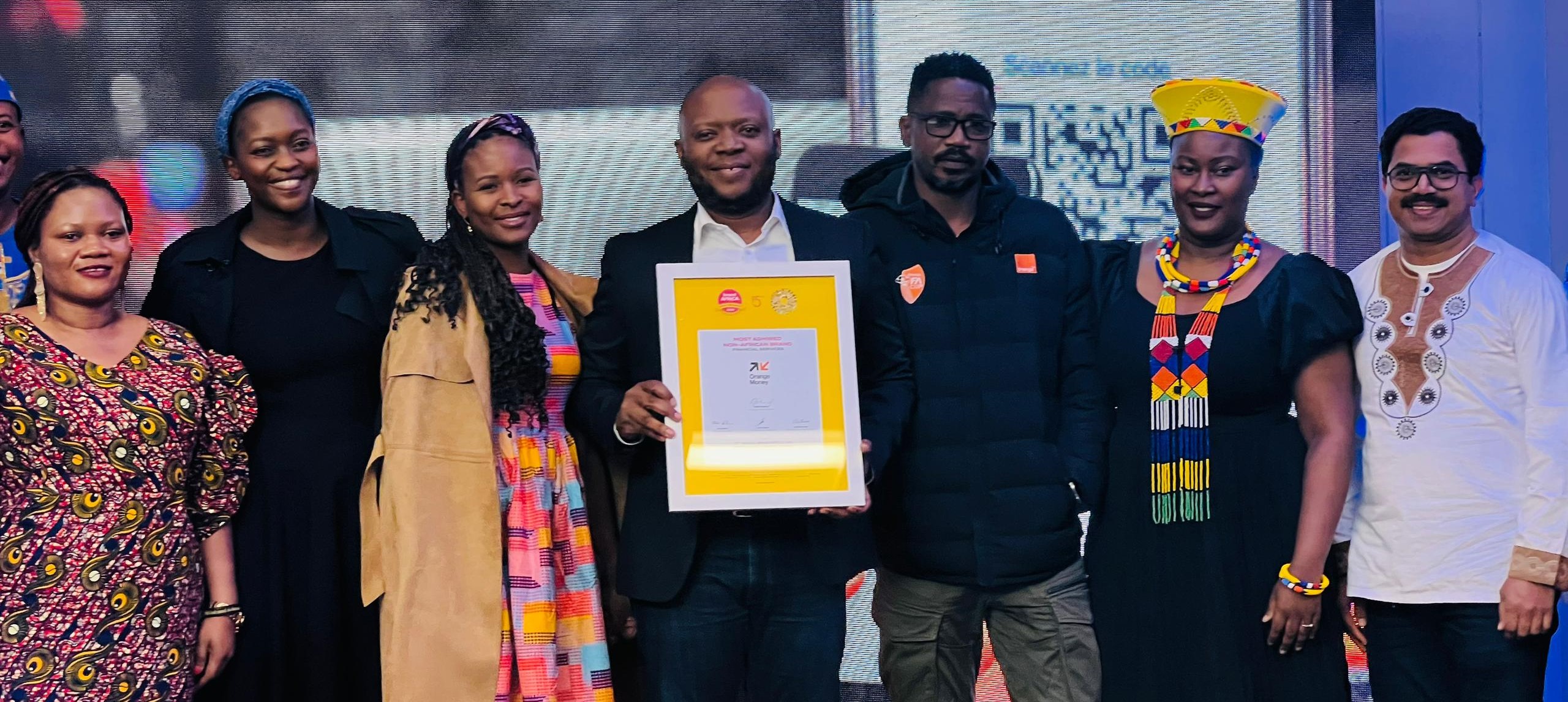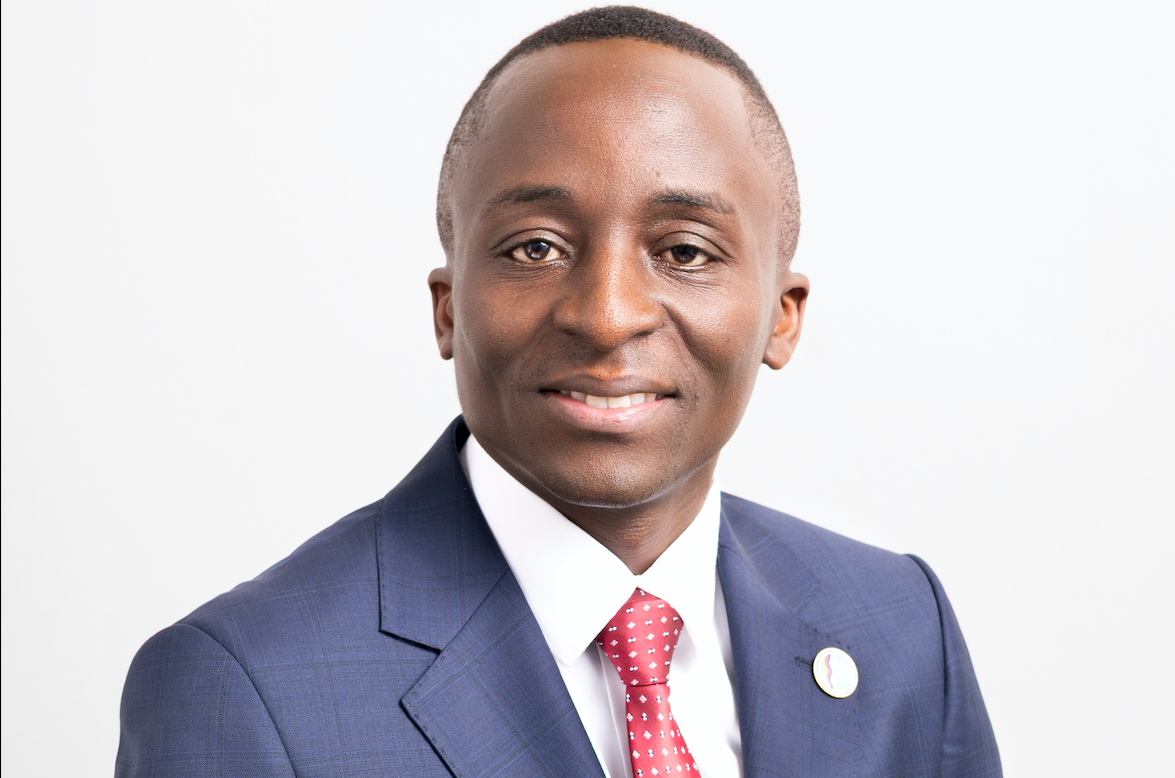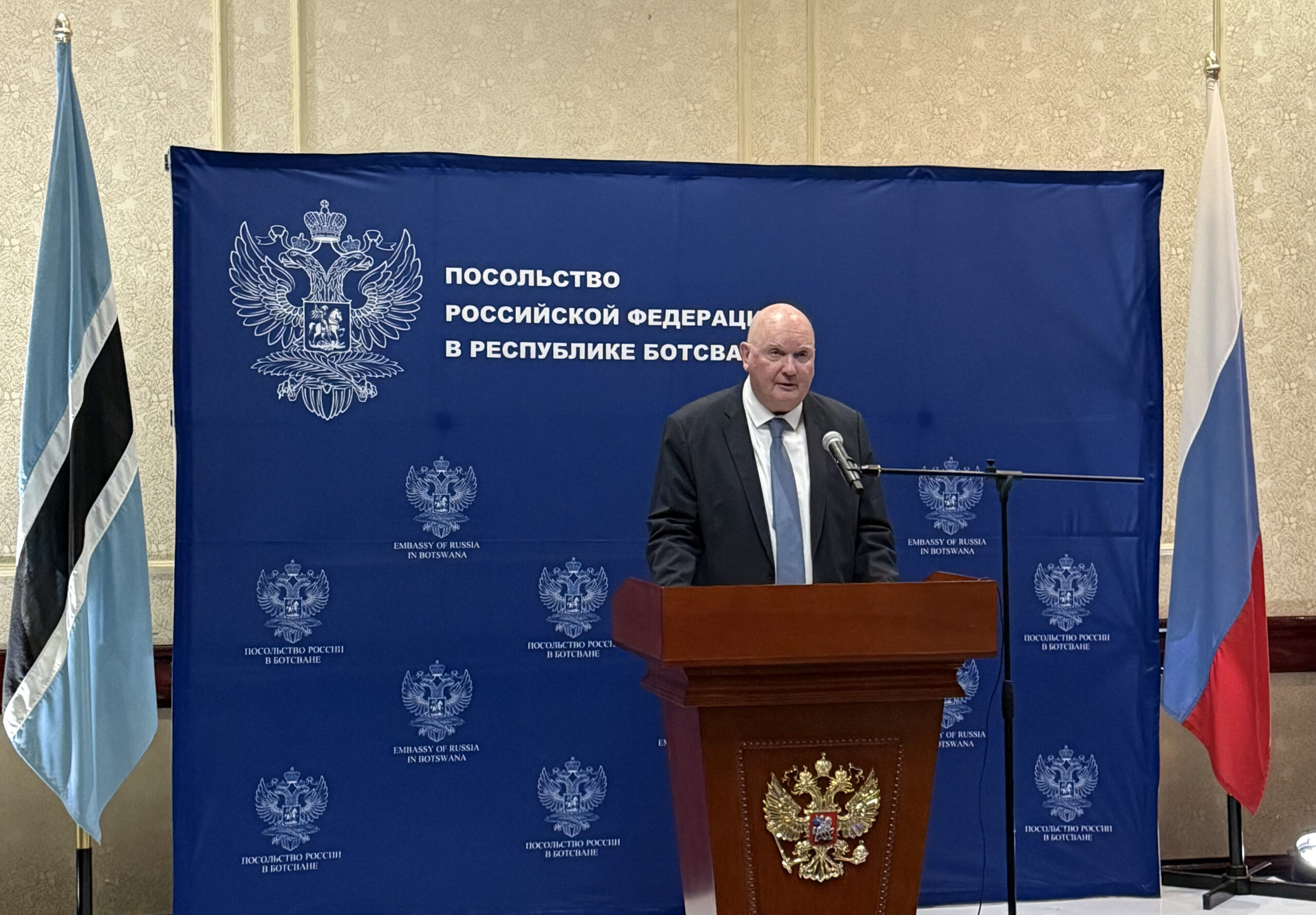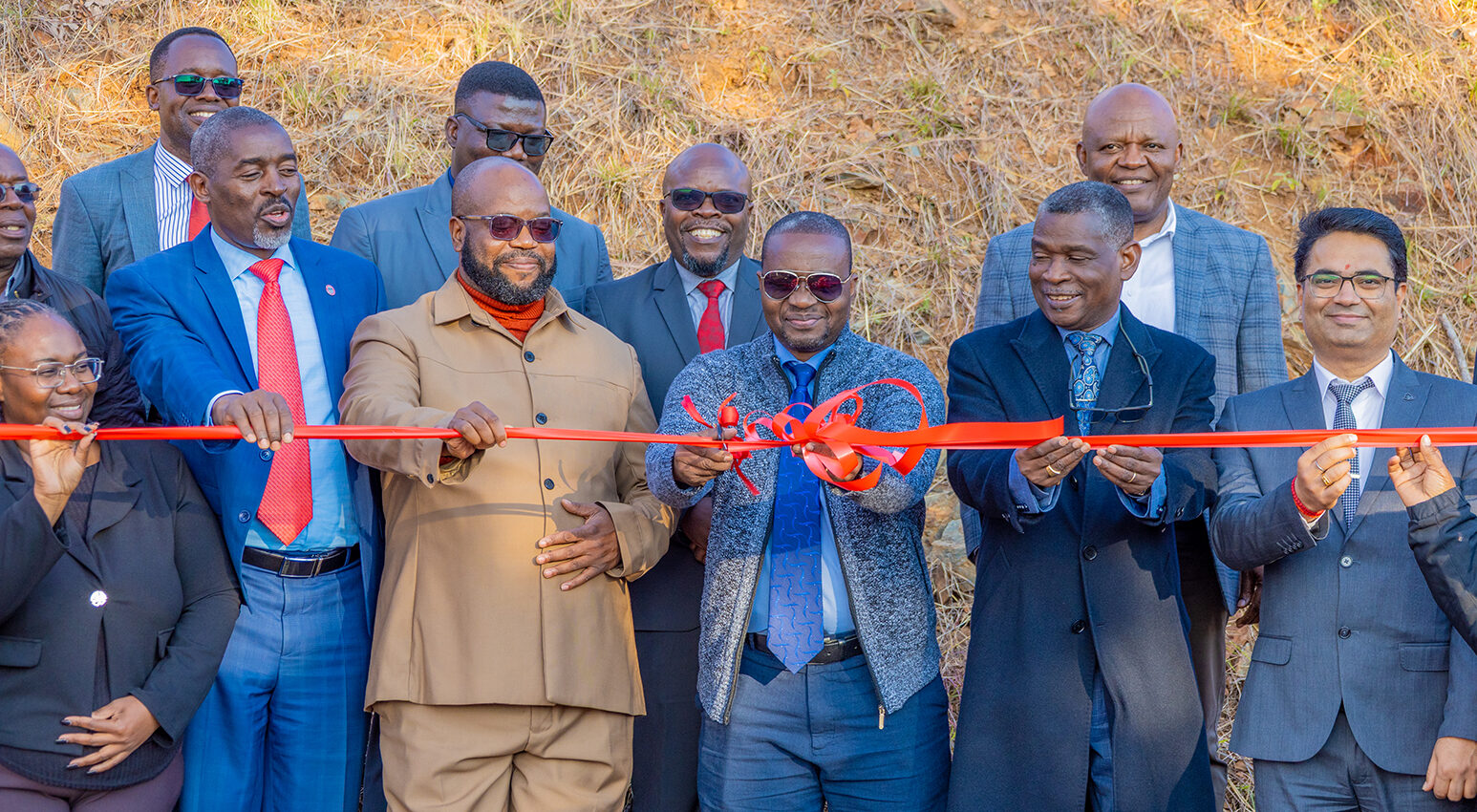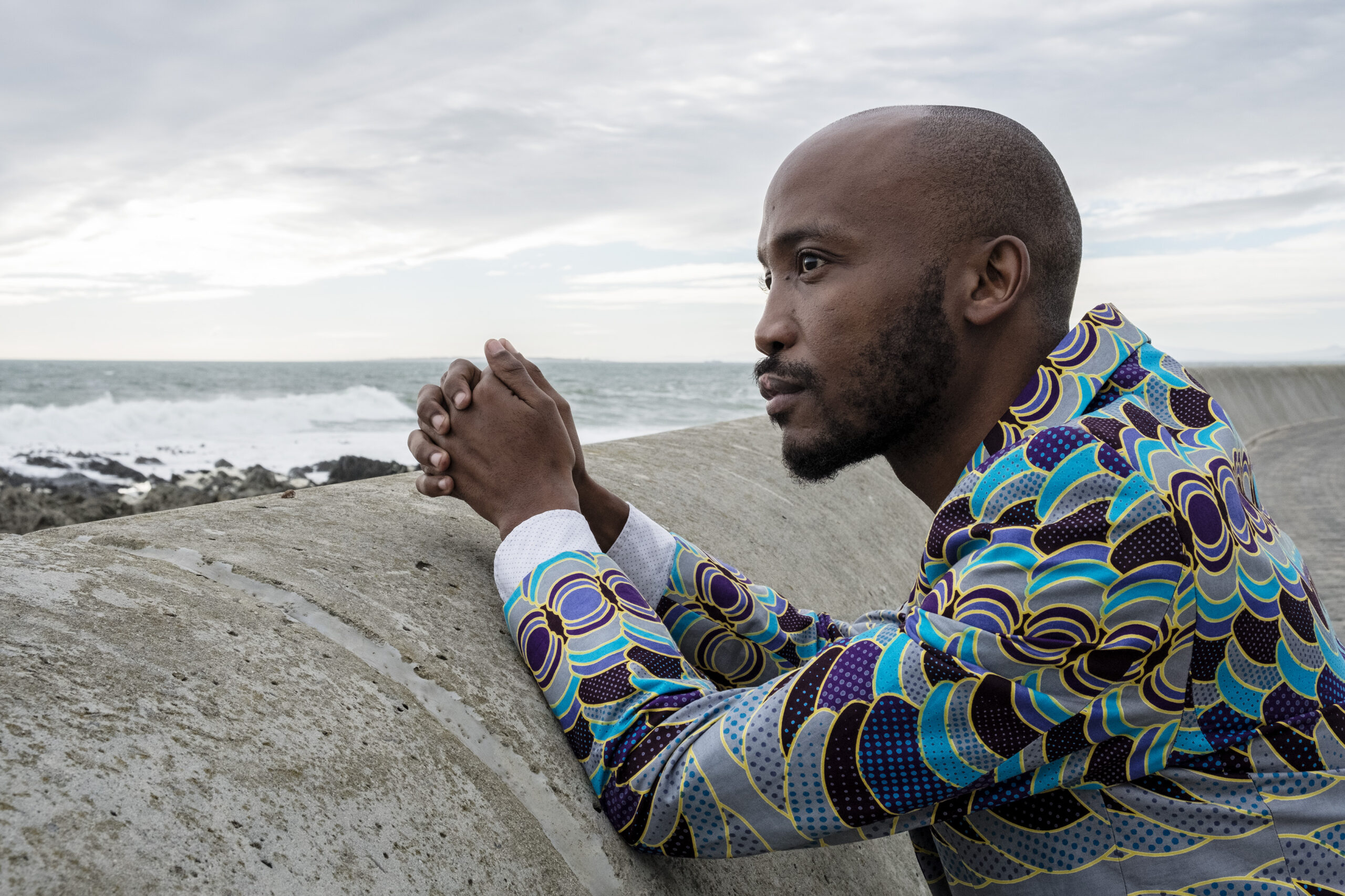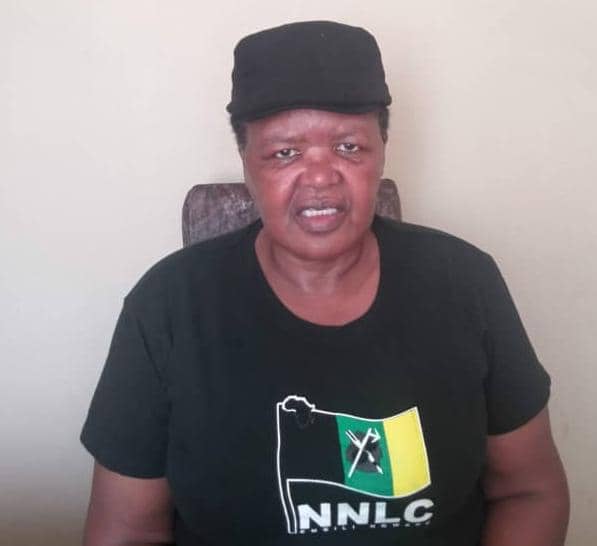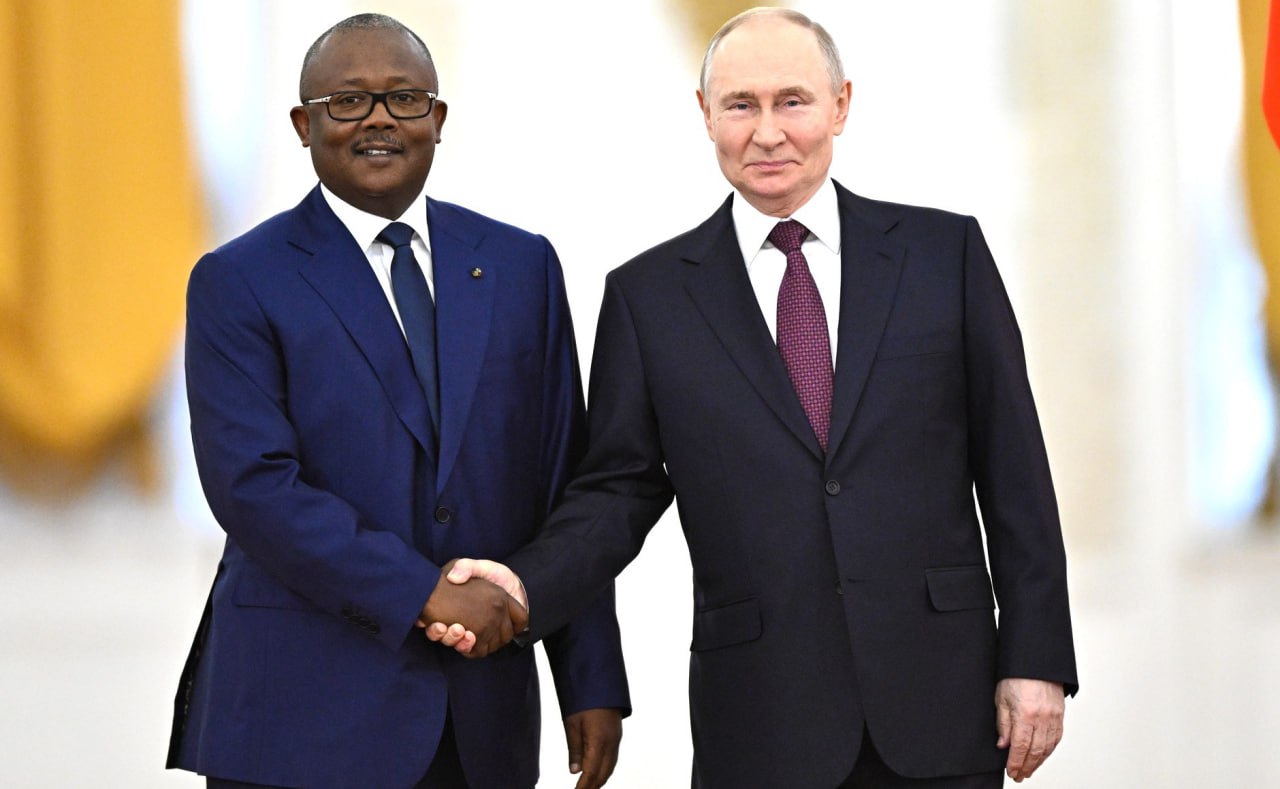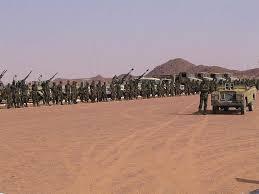
The Polisario Front, which represents the Sahrawi people of Western Sahara, is being unfairly accused of being a terrorist organisation, with parallels to South Africa’s struggle for freedom
By Kamal Fadel
The recent push by Moroccan lobbyists to designate the Polisario Front — the legitimate representative of the Sahrawi people — as a foreign terrorist organisation is not only factually absurd, but also a dangerous affront to international law and the principles of decolonisation.
These moves are designed not to achieve peace in Western Sahara, but to shield Morocco’s illegal occupation from growing scrutiny and global condemnation. It is a direct attack on the principles that underpin South Africa’s own hard-won freedom.

In a recent column in this newspaper, Michael Walsh argued that this designation could harm South Africa’s international relations. But the true scandal lies in the political motivations behind the designation itself — and the false premise that seeks to criminalise a decades-long struggle for freedom.
To label the Polisario as terrorists now — under pressure from the Moroccan lobby and in service of geopolitical convenience — is not only a distortion of the truth, it is a deliberate attempt to erase the history and future of a people who have endured decades of occupation, exile and repression.
Attempts to designate the Polisario as a terrorist organisation are a crude effort to sideline the voice of the Sahrawi people. They are not about fighting extremism, they are about silencing resistance, criminalising solidarity and rewriting the narrative of decolonisation to suit today’s geopolitical interests.
South Africans know this playbook well. During the apartheid era, Western governments branded the ANC and its leaders as terrorists. Nelson Mandela remained on the US terrorism watchlist until 2008. The parallels are painfully clear. Just as South Africans were vilified for resisting apartheid, the Sahrawi are now being demonised for resisting occupation.
Since our formation in 1973, the Polisario Front has pursued the liberation of Western Sahara from colonial and foreign domination — first against Spain and then against Morocco’s illegal occupation since 1975. We have never targeted civilians. We are not affiliated with extremist networks or terrorist organisations.
The UN General Assembly recognises the Polisario Front as the legitimate representative of the Sahrawi people. The African Union recognises the Sahrawi Arab Democratic Republic as a full member. These are not the hallmarks of a terrorist organisation. They are the attributes of a liberation movement with international legitimacy and a commitment to peace and justice.
Our commitment to international humanitarian norms is verifiable: we are party to the Geneva Conventions and the African Union’s Convention on the Prevention and Combating of Terrorism. The Polisario has ratified key international treaties, including the OAU Convention on the Prevention and Combating of Terrorism (July 2005) and the Geneva Conventions of 1949 and Additional Protocol I, which it adhered to on 23 June 2015. These legal commitments underscore the Polisario’s adherence to the laws of armed conflict and international humanitarian norms.
The Polisario Front has consistently condemned terrorism and has publicly invited international bodies to investigate any such allegations — a stance not mirrored by the Moroccan government. While unsubstantiated claims are directed at the Polisario, credible reports document systemic human rights abuses in Moroccan-occupied Western Sahara.
Organisations such as Amnesty International and Human Rights Watch have reported arbitrary arrests, torture and the suppression of peaceful dissent by Moroccan authorities. Notably, the UN Mission for the Referendum in Western Sahara remains the only UN peacekeeping mission without a human rights monitoring mandate, primarily due to Moroccan opposition. This absence has severely hindered efforts to document and address ongoing abuses in the region.
In stark contrast, there have been credible reports suggesting links between elements of the Moroccan regime and extremist networks operating in the Sahel region. Various analysts and international observers have raised concerns about Morocco’s strategic use of counterterrorism cooperation to deflect scrutiny while turning a blind eye to activities that might serve its regional interests.
It is also a matter of public record that a significant number of individuals involved in terrorist acts across Europe — including the 2004 Madrid train bombings, the 2015 Paris attacks and the 2016 Brussels bombings — were Moroccan nationals or of Moroccan origin. According to multiple investigations, Moroccan citizens played a central role in the Madrid attacks, which killed 191 people and injured nearly 2 000.
In addition, many Moroccans travelled to join extremist organisations in Iraq and Syria during the height of the so-called Islamic State’s expansion. These facts underscore the dangers of selectively applying the label of terrorism to delegitimise national liberation movements, while ignoring well-documented patterns of radicalisation and militancy that implicate actors far removed from the Sahrawi struggle for self-determination.
Crucially, numerous UN agencies, humanitarian organisations and international NGOs have maintained a consistent presence in the Sahrawi refugee camps in south-west Algeria. These include the UN’s High Commissioner for Refugees, World Food Programme and Children’s Fund; Médecins Sans Frontières and others. Western media, diplomats and government delegations frequently visit these camps and engage directly with Polisario officials.
At no point have these entities reported any credible links between the Polisario Front and terrorism. On the contrary, the openness and accessibility of the camps to international scrutiny speak to the Polisario’s transparency and the absence of extremist activity.
We are grateful that South Africa has consistently stood with the Sahrawi people, based on shared values of justice, anti-colonialism and international law. South Africa stands in solidarity with the Sahrawi people precisely because South Africans know that their own liberation was made possible by global solidarity in the face of vilification. They know the enduring value of standing firm in the face of global pressure.
The people of Western Sahara are asking that international law be applied equally. We are asking not to be criminalised for asserting the same rights that South Africans once fought for — and won.
History will not look kindly on those who used the language of terrorism to suppress demands for freedom. Nor will it forget those who stood on the side of justice when it mattered.
- Kamal Fadel is a representative of the Polisario Front in Australia
(C) Mail & Guardian 2025
